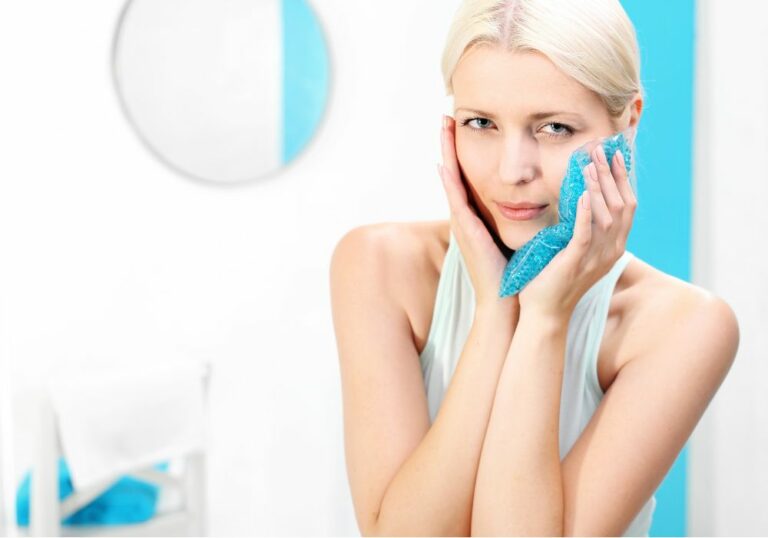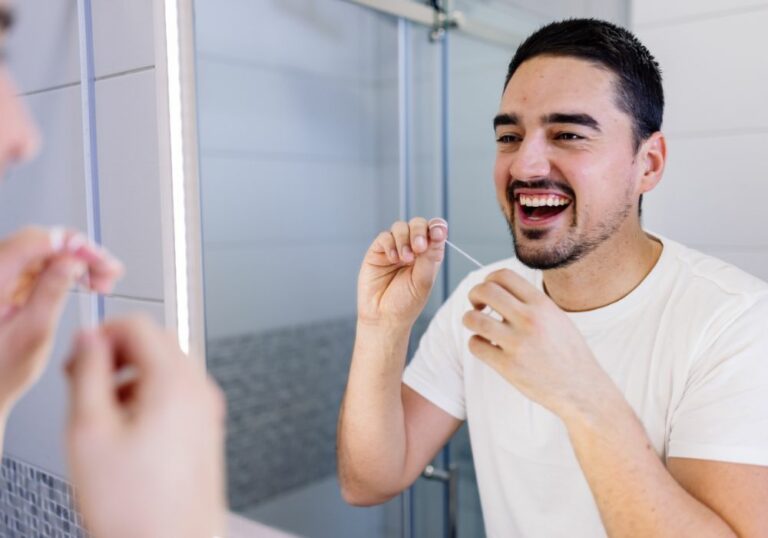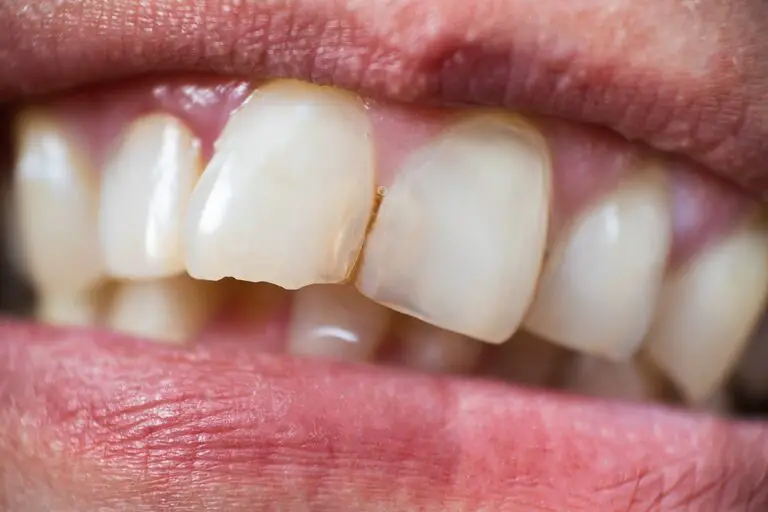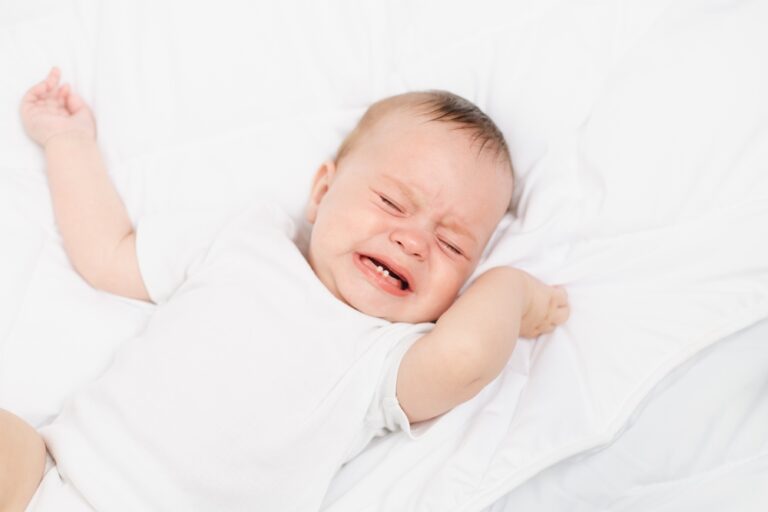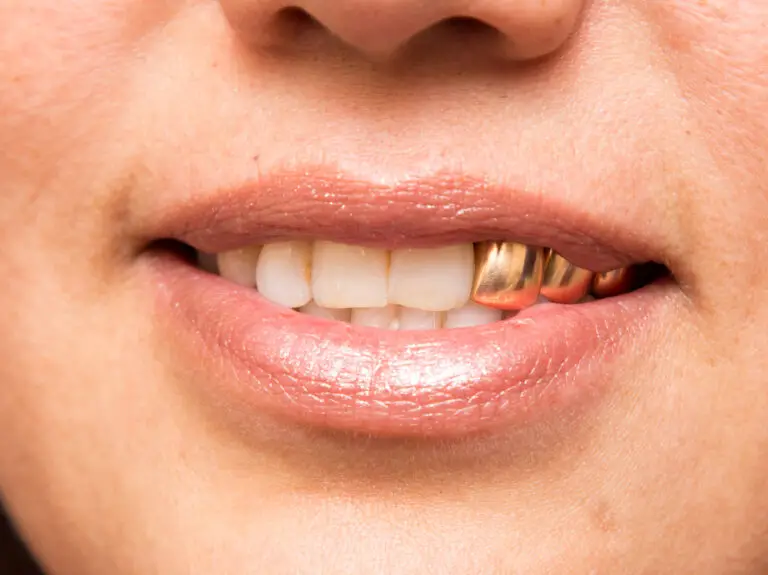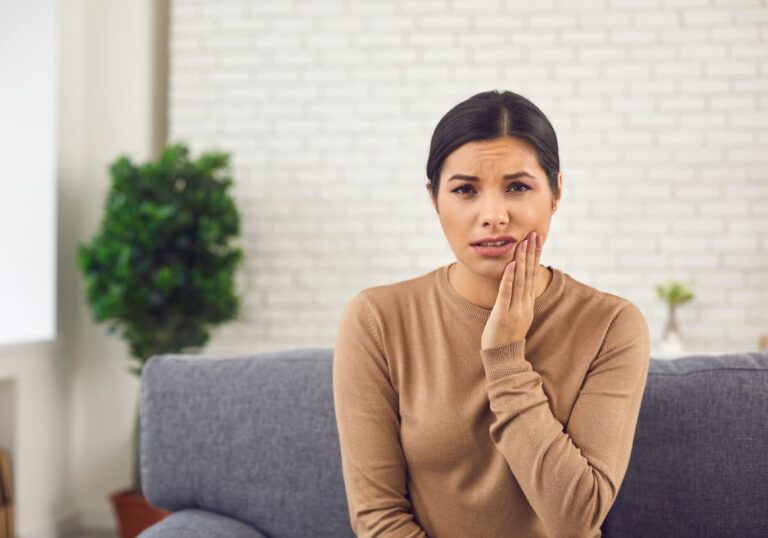Are you an avid coffee drinker? Have you recently got your teeth cleaned?
Chances are, you’re wondering whether you can indulge in your favorite morning beverage: Coffee.
Yes, you can, but not immediately after the teeth-cleaning process. Remember, the goal of the procedure is to remove any stains or plaque on your teeth surfaces.
So, if you drink coffee, you will only introduce stains back to your newly whitened pearly whites. Even worse, the beverage can wreak havoc on your sensitive enamel.
So, how long after teeth cleaning can I drink coffee? We will answer this question and more after familiarizing ourselves with the dental-cleaning process.
What is Professional Teeth Cleaning?
It’s no secret that most people dread dental cleaning sessions. From the strange noises to occasional gum and jaw discomfort, professional teeth cleaning might seem like a nightmare. But it’s a straightforward process with little to no pain.
So, what happens during the dental treatment?
First, a dental hygienist will examine your mouth for any signs of dental problems, like cavities, tooth decay, or gum disease. If you have no major issue, the hygienist will proceed to remove plaque and tartar buildup on your teeth surfaces and along the gumline.
To get rid of any residual plaque and food particles, the specialist will brush and floss your teeth and gum. Once that’s done, you will rinse your mouth with liquid fluoride, which removes debris from the hard-to-reach sections of your mouth.
Is that all?
No! In some instances, your dentist might recommend teeth whitening treatment or fluoride treatments. But keep in mind this is a cosmetic treatment and only serves to improve your self-image and radiant smile.
The procedure involves applying a foamy gel or whiteners on a mouthpiece and placing it over a patient’s teeth. For the best results, the dental hygienist will let the mouthpiece sit for one minute. This way, the fluoride treatment can remove any form of discoloration.
But after the treatment, your dentist might instruct you to keep off certain foods and beverages like coffee.
Do you want to know why you should avoid coffee after dental cleaning or teeth whitening?
Continue reading below.
How Does Coffee Affect Dental Health?
Without a doubt, coffee has some benefits for our health. For example, it helps boost our energy levels and support our heart health. However, too much coffee can prove detrimental to your dental health and smile.
Like most dark-colored drinks, coffee brings in bacteria and acid into your mouth. As a result, these foreign entities stick to your teeth, eroding their enamel. While the process might be slow and gradual, over time, your teeth will become highly sensitive and brittle.
And if that’s not enough, coffee can cause a foul odor or halitosis because it sticks to the tongue. But you can address this issue by maintaining proper oral hygiene.
Besides bad breath, too much coffee can cause teeth discoloration. This beverage comes packed with tannins, color compounds that stain teeth surfaces.
Sure, you can add milk and cream to lighten up your coffee. But still, the tannins will be there, meaning staining might happen.
And the worst part? The cream contains sugars, which can help the bacteria in your mouth to multiply, leading to oral health complications.
Additionally, the sugars also combine with saliva in the mouth to create an acidic plaque that can further erode your enamel.
How Long After Teeth Cleaning Can I Drink Coffee?
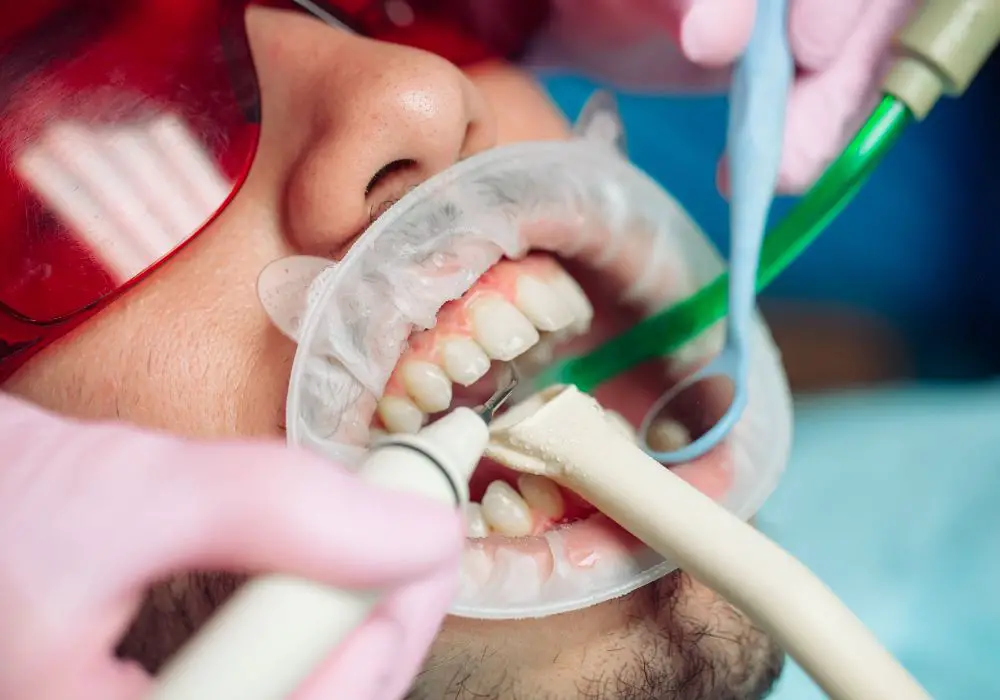
It is normal for your teeth to feel sensitive after dental cleaning. Your gums might also feel sore. Because of this, you need to keep off coffee for at least 12 hours to give your teeth and gums time to recover.
If you consume coffee immediately after the procedure, you risk staining your tooth enamel, as well as aggravating your gums.
That said, the timeline for drinking coffee after teeth cleaning can vary between individuals depending on some factors, such as
- The intensity of teeth cleaning and whitening treatment
- Existing dental health conditions
- Cleaning and whitening products used during the treatment
Tips to Prevent Coffee Stains After Teeth Cleaning
If you desire the best results after the procedure, we recommend you avoid your favorite go-to caffeine boost.
But what if you can’t help your craving for coffee? That’s where light-roast coffee comes in.
Unlike their dark counterparts, light roast coffees have low acidy levels. That means they will be less likely to aggravate your sensitive enamel and gums. However, this coffee will not prevent your teeth from staining.
So, what’s the solution?
1. Use Straws
Straws lessen the amount of coffee that gets on your teeth, hence protecting them from pesky visible stains. Straws work best for iced coffee.
So, get yourself a reusable straw or paper straw if you prefer an eco-friendly solution.
2. Rinse Your Mouth with Water
We’ve already established that coffee is acidic. So, the best way to reduce its effect on your enamel is to drink some water.
Anytime you drink coffee, take a glass of water to wash down the acid and stains sticking to the teeth. And since this beverage has a mild diuretic effect, it’s wise to drink water to stay hydrated and enjoy other health benefits.
3. Eat Raw Vegetables and Fruits
Raw vegetables and fruits like kiwis and oranges can help remedy coffee stains. These foods contain high content of natural fibers that break down bacteria in the mouth. As a result, they help keep your teeth clean and your mouth smelling fresh.
4. Brush, Brush, Brush!
While you can brush your teeth after a dental cleaning, it’s best to wait for at least a few hours. Remember, your sensitive teeth and sore gums still need time to adjust and recover.
On that note, brush your teeth 30 minutes after enjoying a cup of coffee. By brushing your teeth, you can remove the acidity and stains left behind by the beverage.
In this situation, consider using an electric toothbrush. It allows for gentle strokes which prevent discomfort. The toothbrush also excels at eliminating plaque and food residue from teeth.
What Beverages and Food Should You Avoid After Teeth Cleaning?
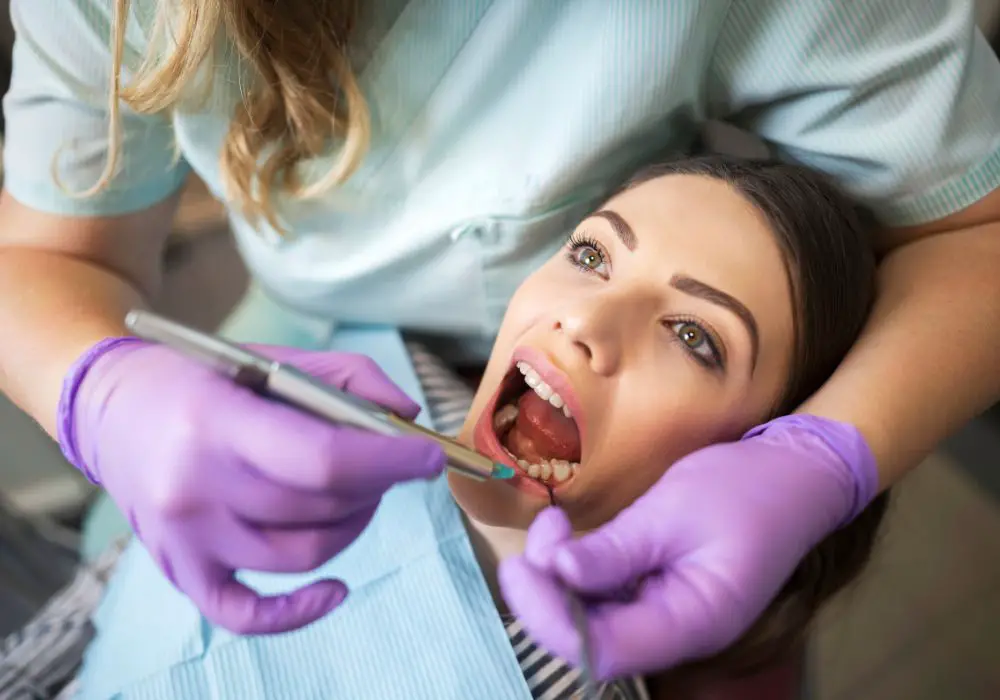
Coffee is not the only drink that can cause tooth staining after professional teeth cleaning. There are several other foods and beverages you should watch out for, including:
- Red wine
- Black tea
- Sports drinks
- Hard Candy
- Tomato and tomato sources
- Berries like blackberries and blueberries
- Colas
- Fruits juice
- Alcohol
- Chocolate
Like coffee, these foods and drinks do more than staining teeth. They have high acid levels that can cause enamel erosion and expose the dentine to bacteria and other irritants.
In addition, they contain sugars that facilitate bacteria growth and increase your risk of tooth decay and gingival diseases.
Besides these, avoid cold, spicy, crunchy, or sticky foods.
What to Drink or Eat After Dental Cleaning Procedures?
- Pastas
- Yogurt
- Mashed potatoes
- Soft chicken meats
- Smoothies
- Bananas
- Eggs
- Apple sauce
- Soft vegetables
- Pastas
- Water
These foods will provide you with essential nutrients needed by your teeth and gums to recover.
How To Maintain Healthy Teeth and Smile?
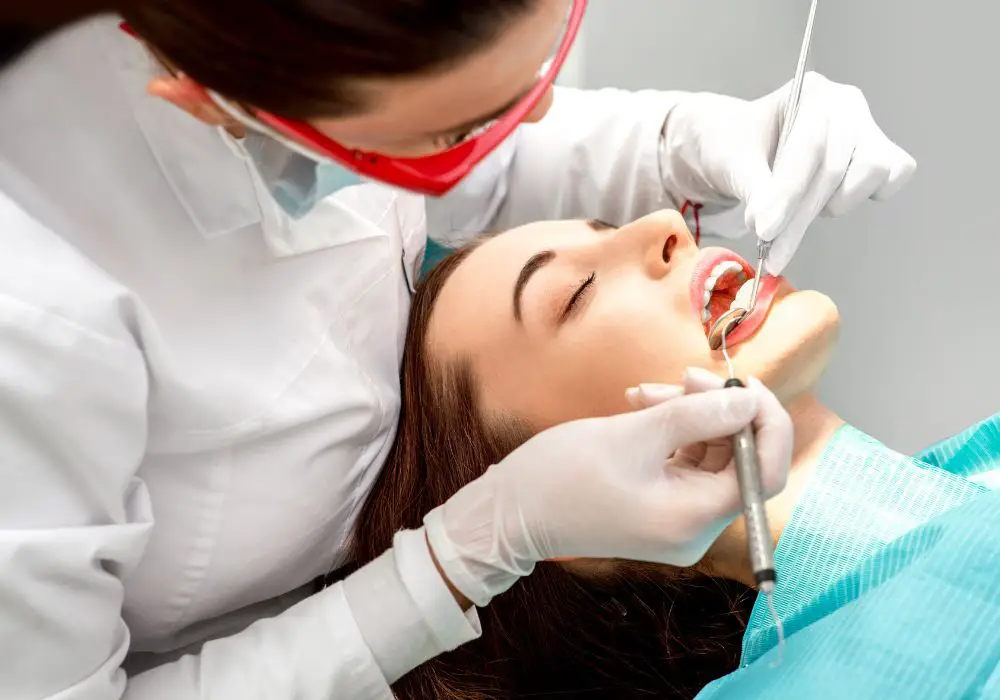
Here are a few tips to help you prevent tooth discoloration and maintain a bright, healthy smile:
1. Reduce Alcohol Intake and Quit Smoking
Alcohol contains weak acids which can erode your enamel, making your tooth super sensitive and brittle. In some cases, alcohol can cause dry mouth, especially when consumed in large quantiles.
On the other hand, smoking and the use of tobacco products make you susceptible to mouth cancer, tooth loss, and gum problems.
2. Regular Dental Cleanings
Brush your teeth every morning and before going to bed using fluoride toothpaste.
As said earlier, be gentle with your strokes. Brush your teeth for around 2 minutes to remove bacteria and food residue responsible for bad breath.
You should also floss daily to get rid of debris from those hard-to-reach spaces between your teeth.
3. Invest in the Right Toothbrush
Toothbrushes come in many shapes, sizes, and styles. So, you need to buy a product that will meet all your dental needs while remaining comfortable.
Opt for a toothbrush with soft bristles and a comfortable grip to prevent hurting your gums. Such a toothbrush also promises you a great brushing experience.
4. Watch Your Diet
If you consume lots of sugary and acidic food, expect to develop cavities, tooth decay, and gum issues.
Fortunately, you can avoid this issue if you stick to a balanced diet filled with teeth-friendly treats like crunchy vegetables and fruits.
Remember to include water in your diet too. Water will help you wash away food particles and neutralize existing acids. In a way, it promotes dental health while keeping you hydrated.
5. Regular Dental Appointments
Don’t just visit your dentist when you have a dental problem. Make it a routine to stop by your dentist’s office regularly for check-ups and tips on maintaining good oral hygiene and dental health.
That’s all for Today!
From this guide, it’s clear you can enjoy freshly brewed coffee after tooth cleaning. But it’s best to stay away from this beverage for a while (12 to 48 hours) to save yourself from teeth staining, increases sensitivity, and aggravated gums.
If you can’t resist the craving for coffee, use a straw to prevent staining. It helps to rinse your mouth and eat fruits and vegetables to remove the lingering acidity in the mouth.
Dental care and maintenance are an ongoing process. So, adhere to the right oral hygiene practices to keep you free from cavities and stains.
Best of luck in your dental care journey!

